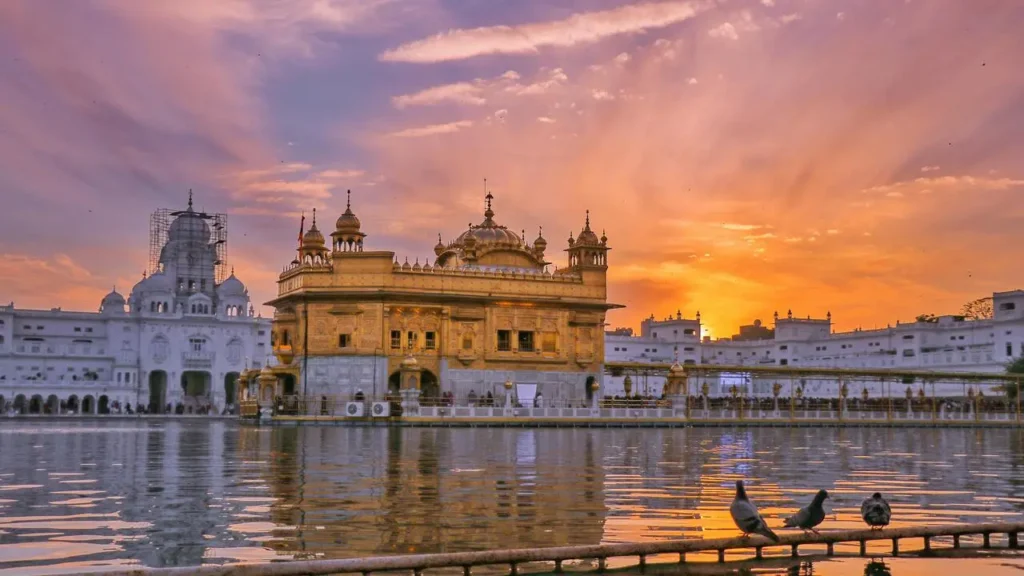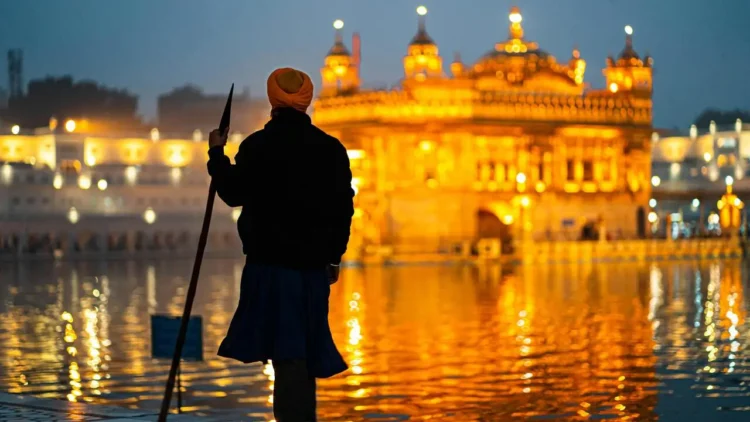Operation Blue Star remains one of the most significant and controversial events in Indian history. Launched in June 1984, this military operation aimed to remove militant religious leader Jarnail Singh Bhindranwale and his followers from the Harmandir Sahib (Golden Temple) complex in Amritsar, Punjab. The operation had profound political, social, and cultural repercussions that continue to resonate today.
Background of Operation Blue Star
In the early 1980s, Punjab was engulfed in a wave of militant Sikh separatism spearheaded by Bhindranwale. The Golden Temple, the holiest shrine of Sikhism, became the headquarters for Bhindranwale and his armed supporters. The increasing violence and lawlessness in Punjab prompted then-Prime Minister Indira Gandhi to authorize a military intervention.

Read also: Massive AC Blast Sparks Fire in Noida Flat
The Execution of Operation Blue Star Operation Blue Star commenced on June 1, 1984, with initial attempts to negotiate a peaceful resolution proving futile. The actual assault began on June 3 and continued until June 8. The Indian Army deployed tanks, artillery, and infantry to flush out the militants entrenched within the temple complex. The operation resulted in a significant number of casualties, including civilians, militants, and military personnel. The heavy artillery fire caused extensive damage to the Akal Takht, a building of great religious importance within the complex.
Immediate Aftermath and Controversy
The aftermath of Operation Blue Star was marked by widespread outrage among Sikhs worldwide. The entry of the army into the Golden Temple, coupled with the extensive damage and loss of life, deeply hurt the Sikh community’s sentiments. Many viewed the operation as a direct assault on their faith and heritage.
The controversy surrounding Operation Blue Star intensified with allegations of human rights abuses by the military. Critics argued that the operation was heavy-handed and that alternative measures could have been pursued to avoid bloodshed. The assassination of Prime Minister Indira Gandhi by her Sikh bodyguards on October 31, 1984, was a direct fallout of the operation, leading to widespread anti-Sikh riots and further deepening communal tensions.
Long-term Impacts of Operation Blue Star
Operation Blue Star had lasting impacts on Indian society and politics. It significantly altered the political landscape in Punjab, contributing to the rise of the Khalistan movement, which sought an independent Sikh homeland. The operation also strained the relationship between the Sikh community and the Indian government, creating a legacy of distrust and resentment that has taken years to heal. In the broader context, Operation Blue Star highlighted the challenges of addressing religious extremism and the complexities involved in balancing security concerns with respect for religious sentiments. It served as a grim reminder of the potential consequences of military interventions in religious and cultural sites.
Operation Blue Star remains a profoundly significant event in India’s history, evoking strong emotions and ongoing debate. Its historical impact and the controversy it generated underscore the delicate balance between maintaining national security and respecting religious sanctities. As India continues to navigate its diverse and pluralistic society, the lessons from Operation Blue Star remain pertinent, reminding us of the importance of dialogue, understanding, and restraint in addressing conflicts.
To get more out of our exclusive news, Join us on our WhatsApp Channel, Facebook, X, and Instagram.















